Related Research Articles
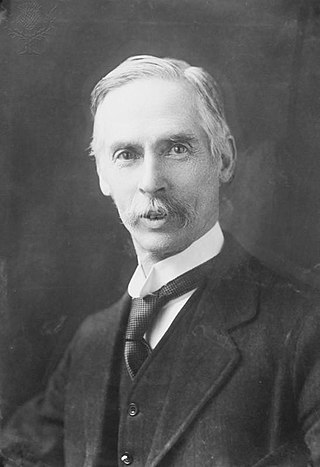
John Atkinson Hobson was an English economist and social scientist. Hobson is best known for his writing on imperialism, which influenced Vladimir Lenin, and his theory of underconsumption.

Sidney James Webb, 1st Baron Passfield, was a British socialist, economist and reformer, who co-founded the London School of Economics. He was an early member of the Fabian Society in 1884, joining, like George Bernard Shaw, three months after its inception. Along with his wife Beatrice Webb and with Annie Besant, Graham Wallas, Edward R. Pease, Hubert Bland and Sydney Olivier, Shaw and Webb turned the Fabian Society into the pre-eminent politico-intellectual society in Edwardian England. He wrote the original, pro-nationalisation Clause IV for the British Labour Party.
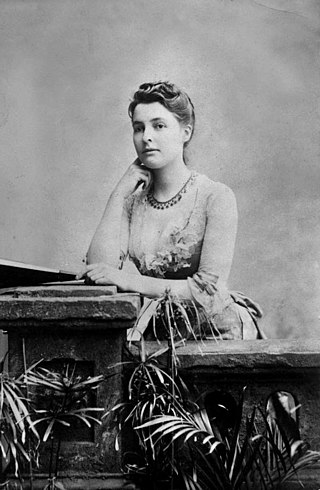
Martha Beatrice Webb, Baroness Passfield, was an English sociologist, economist, socialist, labour historian and social reformer. It was Webb who coined the term collective bargaining. She was among the founders of the London School of Economics and played a crucial role in forming the Fabian Society.
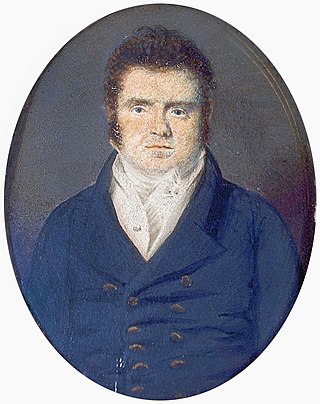
John Edward Taylor was an English business tycoon, editor, publisher and member of The Portico Library, who was the founder of the Manchester Guardian newspaper in 1821, which was renamed in 1959 The Guardian.
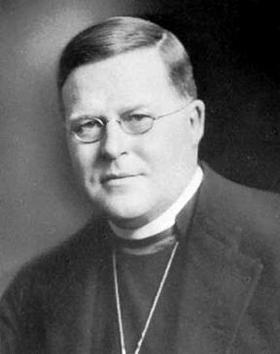
William Temple was an English Anglican priest, who served as Bishop of Manchester (1921–1929), Archbishop of York (1929–1942) and Archbishop of Canterbury (1942–1944).
Scott Trust Limited is the British company that owns Guardian Media Group and thus The Guardian and The Observer as well as various other media businesses in the UK. In 2008, it replaced the Scott Trust, which had owned The Guardian since 1936.
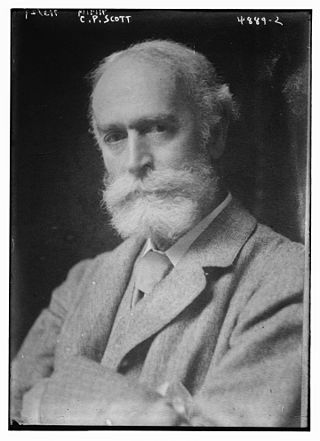
Charles Prestwich Scott, usually cited as C. P. Scott, was a British journalist, publisher and politician. Born in Bath, Somerset, he was the editor of the Manchester Guardian from 1872 until 1929 and its owner from 1907 until his death. He was also a Liberal Member of Parliament and pursued a progressive liberal agenda in the pages of the newspaper.

Lionel Charles Robbins, Baron Robbins, was a British economist, and prominent member of the economics department at the London School of Economics (LSE). He is known for his leadership at LSE, his proposed definition of economics, and for his instrumental efforts in shifting Anglo-Saxon economics from its Marshallian direction. He is famous for the quote, "Humans want what they can't have."

Henry Bernard Levin was an English journalist, author and broadcaster, described by The Times as "the most famous journalist of his day". The son of a poor Jewish family in London, he won a scholarship to the independent school Christ's Hospital and went on to the London School of Economics, graduating in 1952. After a short spell in a lowly job at the BBC selecting press cuttings for use in programmes, he secured a post as a junior member of the editorial staff of a weekly periodical, Truth, in 1953.
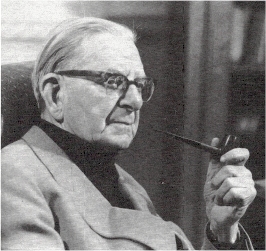
Sir John Frederick Neville Cardus, CBE was an English writer and critic. From an impoverished home background, and mainly self-educated, he became The Manchester Guardian's cricket correspondent in 1919 and its chief music critic in 1927, holding the two posts simultaneously until 1940. His contributions to these two distinct fields in the years before the Second World War established his reputation as one of the foremost critics of his generation.
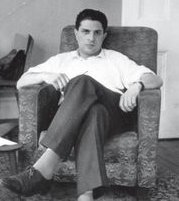
Ralph Miliband was a British sociologist. He has been described as "one of the best known academic Marxists of his generation", in this manner being compared with E. P. Thompson, Eric Hobsbawm and Perry Anderson.
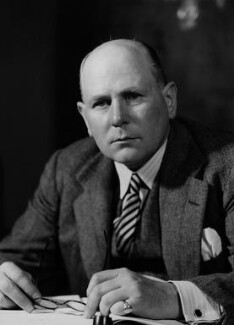
James Evershed Agate was an English diarist and theatre critic between the two world wars. He took up journalism in his late twenties and was on the staff of The Manchester Guardian in 1907–1914. He later became a drama critic for The Saturday Review (1921–1923), The Sunday Times (1923–1947) and the BBC (1925–1932). The nine volumes of Agate's diaries and letters cover the British theatre of his time and non-theatrical interests such as sports, social gossip and private preoccupations with health and finances. He published three novels, translated a play briefly staged in London, and regularly published collections of theatre essays and reviews.
William Percival Crozier was a British journalist and editor of the Manchester Guardian from 1932, when he succeeded Ted Scott, who had died in a sailing accident, until his death in 1944.

Derek Jameson was a British tabloid journalist and broadcaster. He began his career in the media in 1944 as a messenger at Reuters and worked his way up to become the editor of several British tabloid newspapers in the 1970s and 1980s. Later, he was a regular broadcaster on BBC Radio 2 for nearly a decade and a half, including an on-air partnership with his third wife Ellen. When his profile was at its highest, he was described by Auberon Waugh as "the second most famous man in Britain after Prince Charles."
Ivor John Carnegie Brown CBE was a British journalist and man of letters.

Hector Alastair Hetherington was a British journalist, newspaper editor and academic. For nearly twenty years he was the editor of The Guardian, and is regarded as one of the leading editors of the second half of the twentieth century.

The Guardian is a British daily newspaper. It was founded in 1821 as The Manchester Guardian; it changed its name in 1959. Along with its sister papers The Observer and The Guardian Weekly, The Guardian is part of the Guardian Media Group, owned by the Scott Trust. The trust was created in 1936 to "secure the financial and editorial independence of The Guardian in perpetuity and to safeguard the journalistic freedom and liberal values of The Guardian free from commercial or political interference". The trust was converted into a limited company in 2008, with a constitution written so as to maintain for The Guardian the same protections as were built into the structure of the Scott Trust by its creators. Profits are reinvested in journalism rather than distributed to owners or shareholders. It is considered a newspaper of record in the UK.

Samuel Langford was an influential English music critic of the early twentieth century.
Sydney Robert Elliott was a British newspaper editor.
Richard Farquhar Scott was an English journalist, great-grandson of the founder of The Manchester Guardian newspaper, and Chairman of the Scott Trust, its owner.
References
- ↑ "The editorship of the Manchester Guardian | 1920-1929 | Guardian Century". www.theguardian.com. Retrieved 4 September 2018.
- ↑ "History of the Guardian". The Guardian. 11 December 2017. Retrieved 4 September 2018.